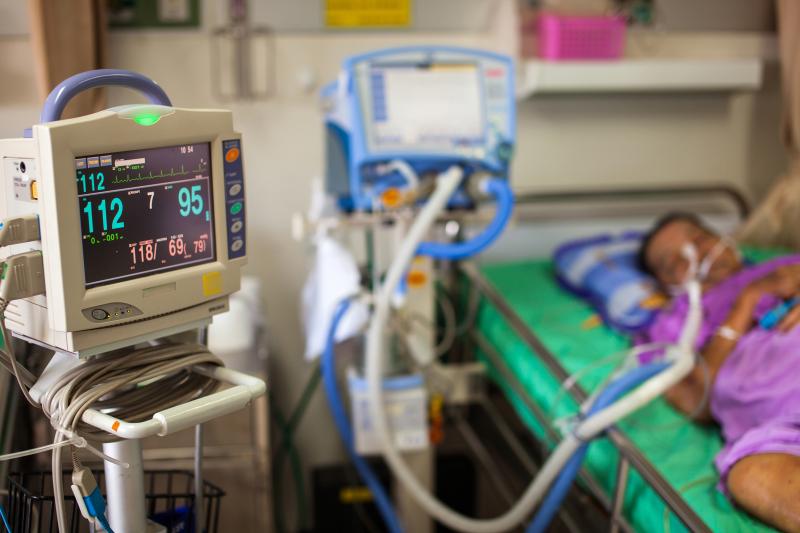
Lactate dehydrogenase (LDH) may be predictive of severe coronavirus disease 2019 (COVID-19), a new study has shown.
Researchers conducted a retrospective and observational analysis of 47 confirmed COVID-19 patients (median age, 64.91 years; 55.31 percent male). LDH was measured through routine laboratory assessments, and disease severity was evaluated using The American Thoracic Society guidelines for community-acquired pneumonia.
Of the participants, 24 had severe disease. This subgroup was more likely to have underlying coronary heart disease and autoimmune diseases than their nonsevere comparators. Clinical severity and chest imaging results were also worse in these patients. LDH (p<0.001), along with other laboratory indices, was likewise significantly elevated in patients with severe disease.
Multivariate logistic regression analysis identified LDH as a significant predictor of severe COVID-19 (odds ratio [OR], 1.02, 95 percent confidence interval [CI], 1.01–1.03; p=0.035). Other univariate risk factors, such as blood cell count, neutrophil counts and serum C-reactive protein, were attenuated upon adjustment for confounders.
Similarly, LDH emerged as an independent predictor of COVID-19 clinical severity and lung damage, and correlated well with markers of inflammation and cardiac and liver injury.
Receiver operating characteristic curve analysis further showed that beyond the threshold value of 283 U/L, serum LDH was a highly accurate predictor of severe COVID-19 (area under the curve, 0.9727), with a sensitivity of 100 percent and a specificity of 86.67 percent.
This study is a preprint and is pending peer review.